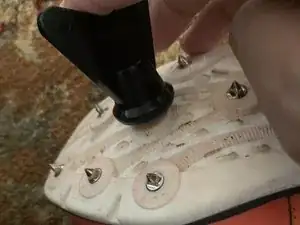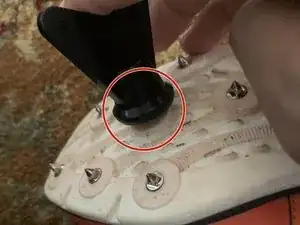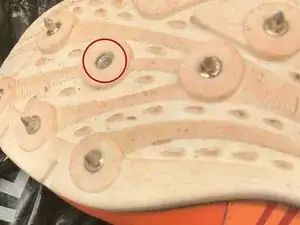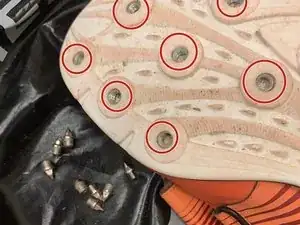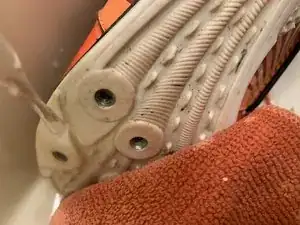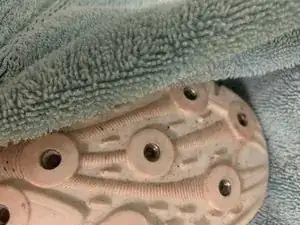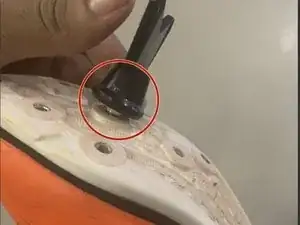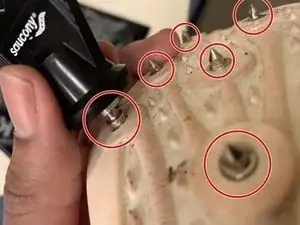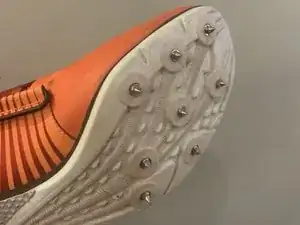Introduction
People who run track often use a specific shoe when running, called a track cleat. Track cleats are great for achieving maximum performance when competing or training.
Track cleats, like any other equipment, need to be maintained. This guide will demonstrate how to maintain track cleats, and replace the spikes on the bottom of the sole.
Before beginning, it's recommended to clean any dirt or muck out from around the spikes to make removal easier.
If the cleat spikes are rusted or stuck, try adding a spritz of WD-40 around the threads, wait a few moments for the lubricant to settle in, and then try again.
Tools
Parts
-
-
Dry the shoe with a towel, and allow the sockets time to fully dry before installing new spikes.
-
-
-
Grab the new spike and place the thread into the screw hole. Screw the spikes clockwise back in place.
-
-
-
Make sure all the spikes are tight, and then proceed to test out shoes on an appropriate surface.
-
Have fun running!
